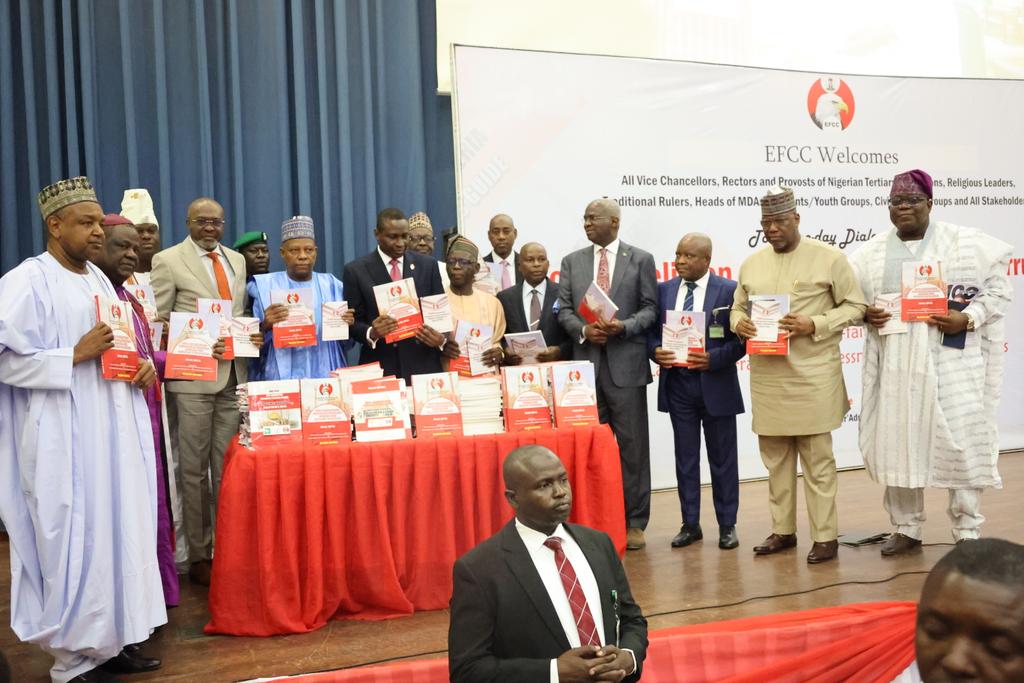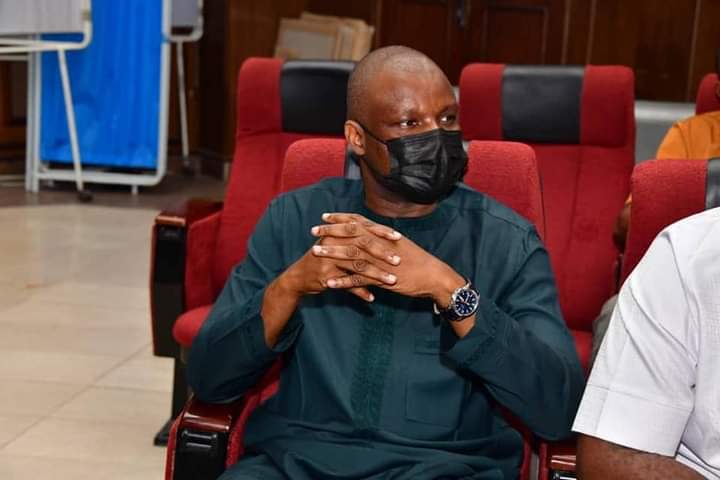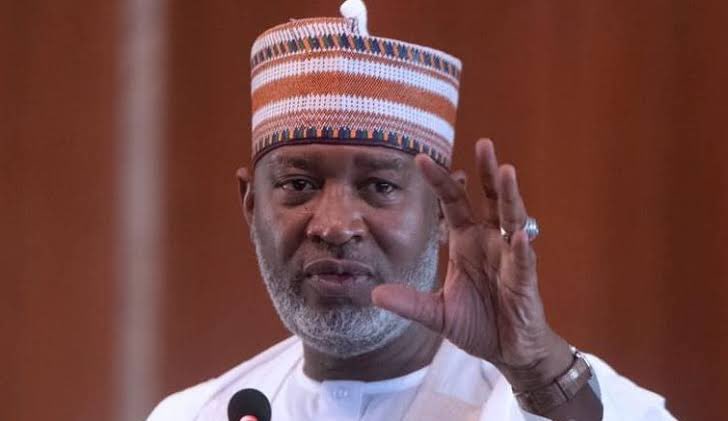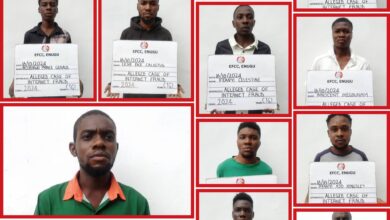Tinubu to EFCC: Sustain the Fight Against Internet Crimes

President Bola Tinubu has called on the Economic and Financial Crimes Commission, EFCC, to keep its flames burning against the scourge of internet crimes and other acts of corruption.
He gave the charge in Abuja on Wednesday, January 31, 2024 at a one-day public engagement on youth, religion and fight against corruption and the launch of Fraud Risk Assessment Project for Ministries, Departments and Agencies, MDAs organized by the EFCC.
The President pointed out that the disturbing contagion of cybercrimes has been a challenge and slur on the image of the nation and the EFCC should spare no effort in tackling it more frontally. “Our country is not a nation of fraudsters and the pejorative reference to internet crimes as the “Nigerian scam” across the world is unfair, untenable and unacceptable. Cybercrimes, to all intents and purposes, are a global phenomenon. Today’s world is run real time on the internet. Governance, businesses, institutions and even individual domestic affairs are dependent on the internet. Cyber criminals are, therefore, a threat to the rest of the world. This is why no effort or expense should be spared in confronting the evil. I want to assure the EFCC that the government will continue to offer its support in its quest to kill the dragon that internet offences have become”, he said.
Tinubu, who spoke through Vice President Kashim Shettima, expressed the government’s determination to give corruption hard tackles, stressing that “we cannot be focused on growth and development and at the same time offer any breathing space to corrupt practices. No nation grows without breaking the fangs of corruption. The EFCC has been duly instructed to do its job at all times without any extraneous considerations. The Renewed Hope agenda of our government is impervious to corruption. We should all join hands together to move Nigeria in a new direction of purpose.”
Tinubu spurred the EFCC not to be dismayed by throw backs coming from some sections of the society regarding its consistent fight against internet crimes and other corrupt practices, pointing out that government is “aware of all the foul cries and unwarranted accusations against the lawful efforts of the Commission to bring fraudsters to book. We cannot fold our hands and watch our youths descend into morbid criminalities”.
EFCC’s Chairman, Ola Olukoyede, in his Opening Remark, took a retrospective look at the efforts and profile of the Commission over the years in tackling the monster of corruption and noted that, though much ground had been covered by the EFCC in the areas of convictions and recoveries, the un-abating trend of corrupt practices across the country called for serious concerns. To address the situation, he called for greater emphasis on prevention of crimes through well-thought-out and coordinated efforts of the Commission.
“Indeed, proactive implementation of effective and coordinated policies against corruption remains the best guarantee for public security, economic development, and the effective functioning of public and private institutions. The recalibration of the Commission’s prevention strategy seeks to promote proactive deterrence and greater inclusivity in terms of participation of all stakeholders. Our motivation is to see how corruption, whether in ministries and agencies of government, in the ivory towers, or the private sector, could be prevented before it occurs”, he said.
The EFCC boss also stated that the Commission is prioritizing two areas of concern which is the involvement of youth in cybercrimes and the susceptibility of our ministries, departments and agencies to grand corruption.
He expressed concerns about the disconcerting allure of computer-related fraud for youths in tertiary institutions, stressing that “the danger of having a tribe of future leaders whose outlook in life is that fraud and corruption are the stairways to fame and fortune, is however, too dire to treat with kid gloves”. Olukoyede, therefore, called on managers of academic institutions to rise to the challenge of mentoring youths on the right path of life.
“It is our view that the Academia can contribute more in the anti-corruption fight through mentorship as youths in today’s fast-paced world need close supervision to navigate their path to success and purposeful living”, he said. The EFCC’s boss equally unfolded the Fraud Risk Assessment Project to assist government agencies to address systemic vulnerabilities at the personnel, institutional and environmental levels and take preemptive measures. He assured that the Project “will save the nation billions in stolen wealth, time and resources spent in investigating grand corruption cases”.
He commended President Tinubu for his unflinching support to the fight against corruption in Nigeria, maintaining that, “with the political will of the administration. I believe that we have a golden opportunity to rewrite the story of our nation’s quest for improved transparency and accountability in public affairs”. The EFCC’s engagement drew notable national political, religious and traditional leaders, with many of them offering sterling proposals to address the problem of corruption.






